Make someone’s day: Gift a subscription to your friends and family!
I am a big believer that history is driven by trends, not by events or specific individuals. There have, however, been several examples where significant events turned the direction of history very sharply in a very short period of time.
In other words, certain events cause history to suddenly pivot from one trend to a different trend. In many cases, these events were totally unexpected at the time, and even those who lived through these events did not understand the magnitude of what they experienced. I will arbitrarily choose the date of 1770 as the beginning of the modern era.
So here is my short list of the most pivotal events since 1770:
The German invasion of Belgium and France in August 1914, that shattered the possibility of European monarchies peacefully transitioning to Liberal Democratic Capitalism. The continent was instead devastated by the rise of Totalitarianism and two world wars.
The October Revolution in Russia in 1917, that created the only existing alternative to Liberal Democratic Capitalism in wealthy Western nations: the revolutionary Totalitarian state.
The Railroad Boom in Britain in the 1830s/40s, that unleashed the awesome energy density of fossil fuels to overcome geographic constraints to economic growth and gave political elites in Europe and Japan the incentive to pursue rapid economic growth.
This was the key event in a broader Industrial Revolution.The Allied victory in World War II and the establishment of the Global Free Trade system that:
enabled dozens of nations to overcome geographic constraints to economic growth.
encouraged political elites to choose the path of peaceful economic growth over the path of war and conquest.
The settlement of Jamestown Virginia in 1607 and Plymouth Colony in 1620, that led to the Explosive Colonization of modern-day USA, Canada, Australia, and New Zealand. This helped to tip the balance of power between Free societies and Authoritarian/ Monarchical regimes.
(I guess that I cheated a little on the date, here, but I wanted to include it.)The industrialization of China from 1978 to the present that:
created the second most powerful nation in the 21st Century,
raised one billion people out of poverty.
transformed the geography of manufacturing and the global supply chain
The storming of the Tuileries, the September Massacres, and the establishment of the French First Republic in 1792 during the French Revolution, which destroyed the most influential monarchy in Europe and set the course for the dissolution of traditional monarchical societies throughout the world. Many historians consider the French Revolution to be the political twin of the Industrial Revolution.
The collapse of the Soviet Union in 1991, that opened up the American-led Global Free Trade system to half of the world.
The Proclamation of the German Empire in 1871, which created a new military and industrial power in the heart of Europe and set the stage for the two world wars in the 20th Century.
The fall of the Berlin Wall in 1989, which eventually led to the previously-mentioned collapse of the Soviet Union.
The fall of the British occupation of India in 1947, which signaled the end of European colonial empires and the birth of dozens of new nations over the course of the next 20 years. It also led to the independence of what will likely become the third most influential nation in the 21st Century.
Edison Electric Illuminating Light Company invented and deployed the first electrical grid in downtown Manhattan in 1880. Other than the railroad, the electrical grid was likely the greatest innovation of the modern era. Not surprisingly, the electrical grid was a suite of technologies that exploited the awesome energy density of fossil fuels.
Malcolm McLean and his company, SeaLand, invent the first practical:
intermodal shipping container
container trucking company: McLean Trucking Company
container port, Port Newark–Elizabeth Marine Terminal
Together, these technologies revolutionized the global supply chain and enabled the industrialization of China and much of the rest of the world. This is a suite of technologies that applies the awesome energy density of fossil fuels to freight shipping.
Note that even though I believe that technological innovation and the formation of new institutions are key driving forces, I only included the three technological innovations on my list. I just don’t think any single technological or institutional innovation has had the impact of the political events on this list.
So what do you think?
Are there events that I missed? Are there some events on my list that do not belong? Would you change the order?

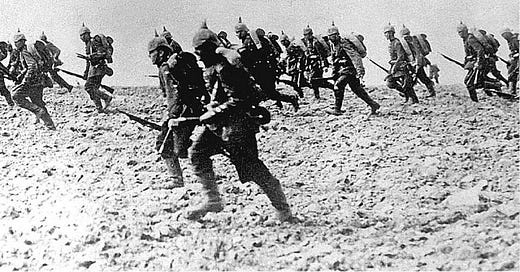






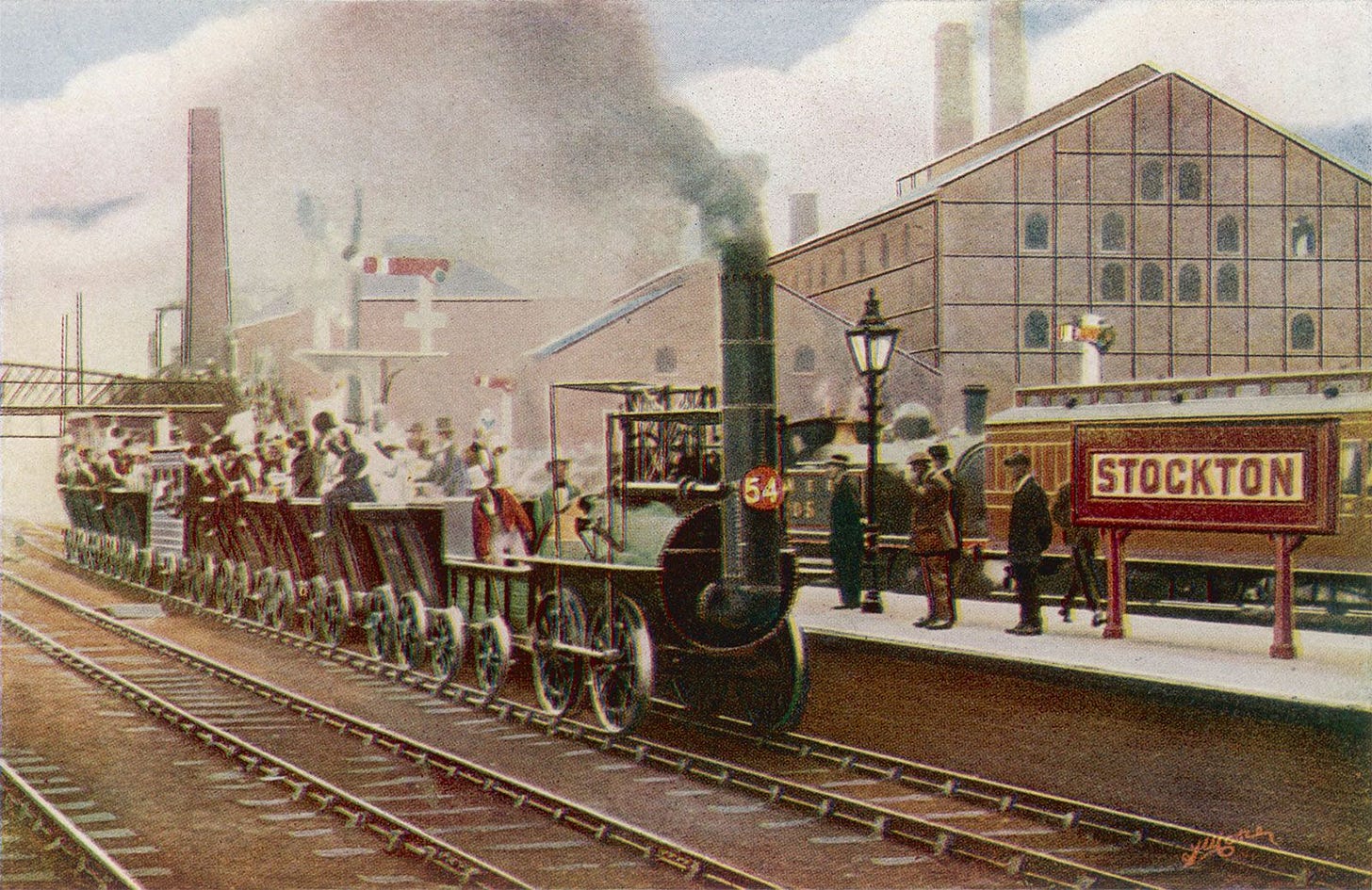
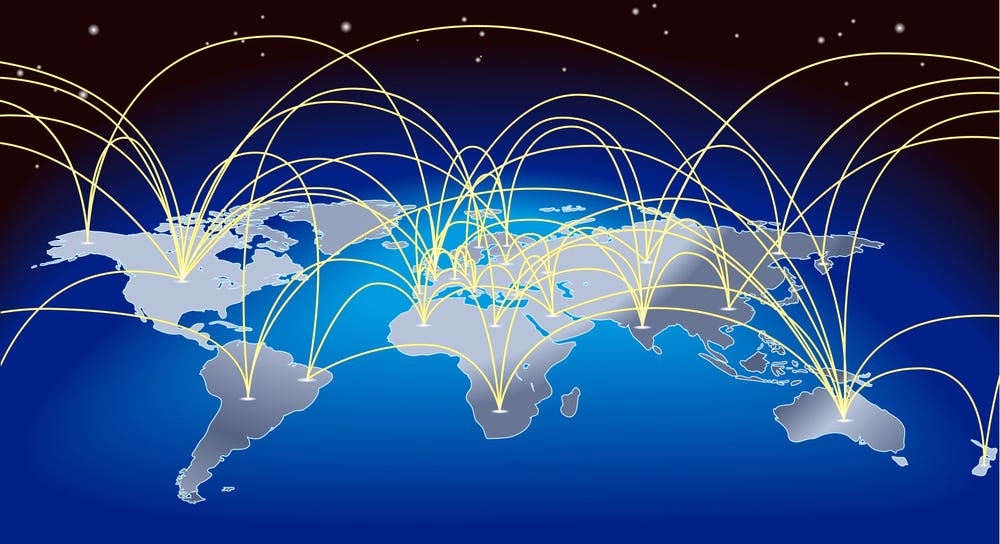
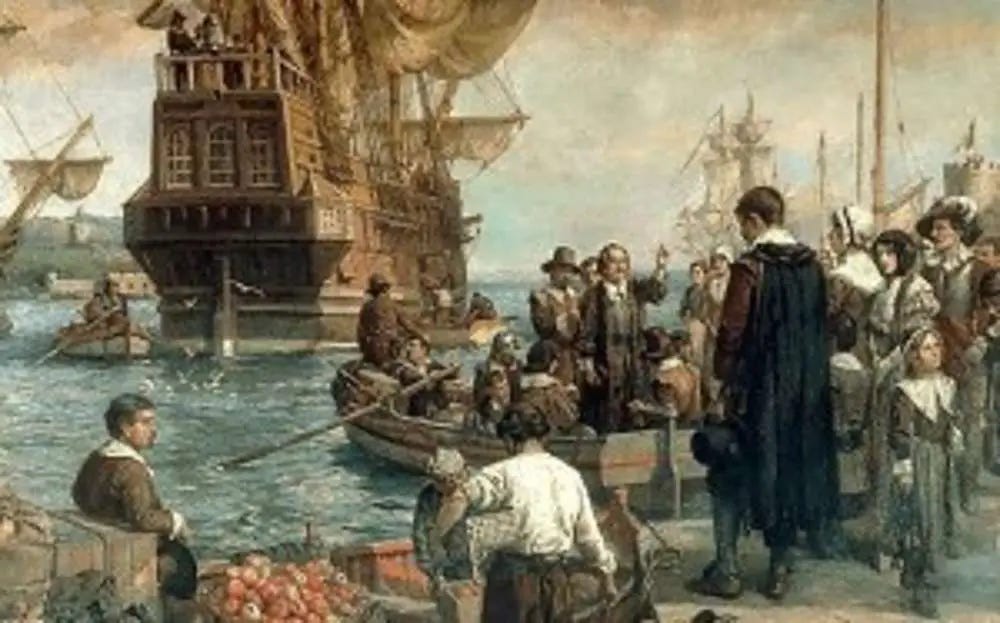

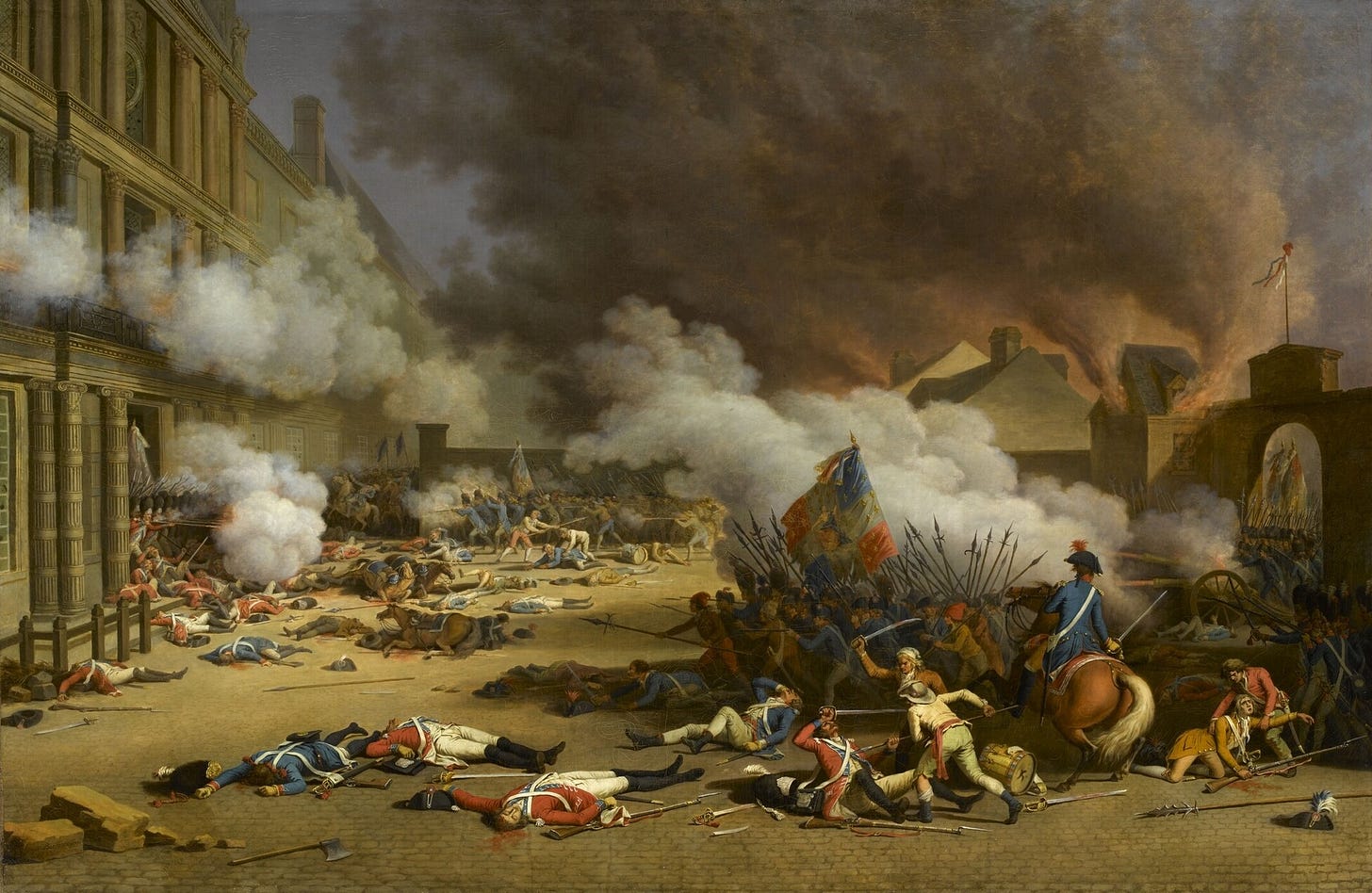
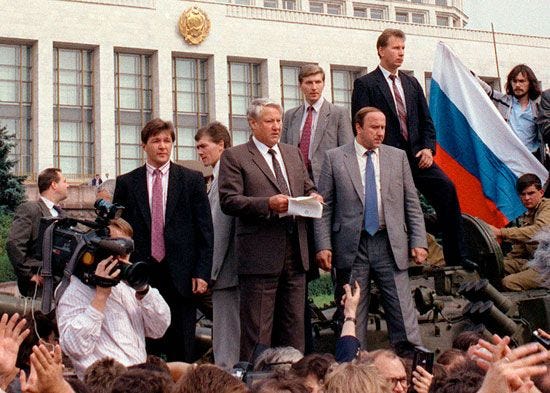
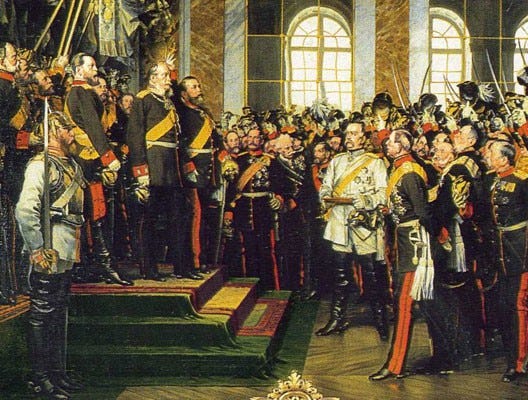
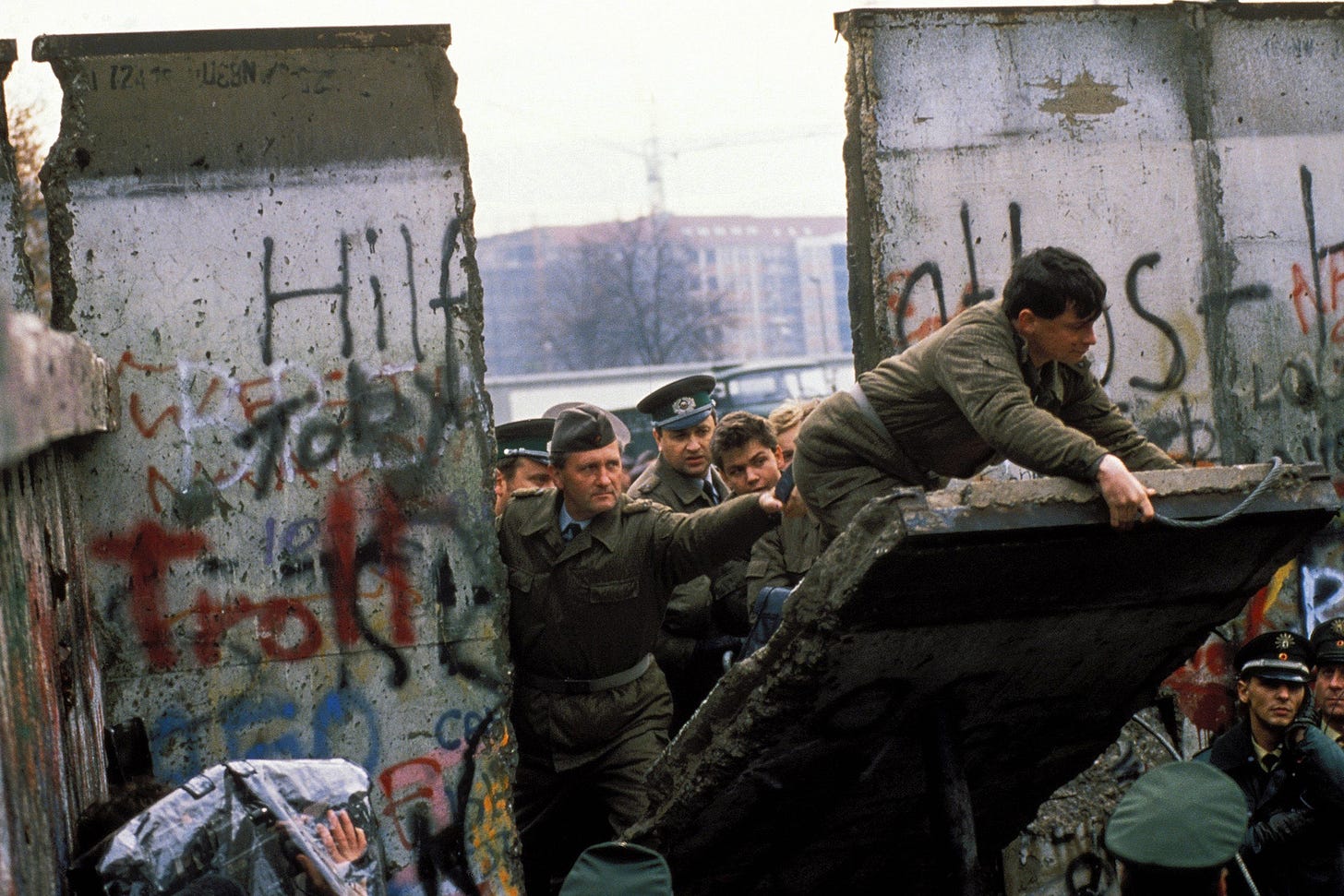
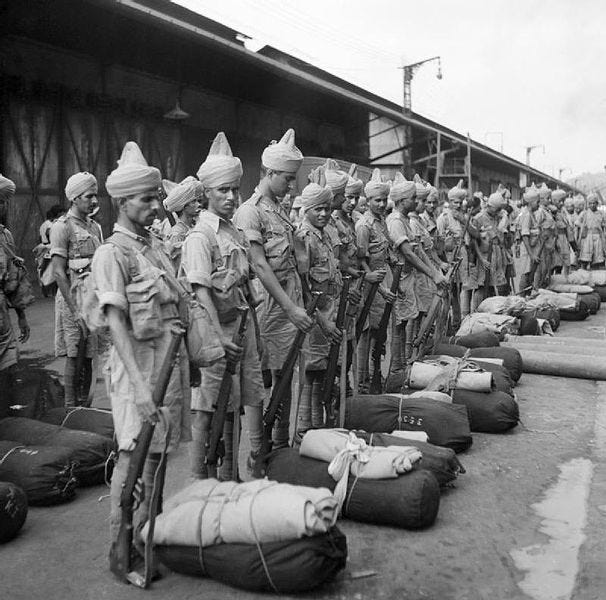
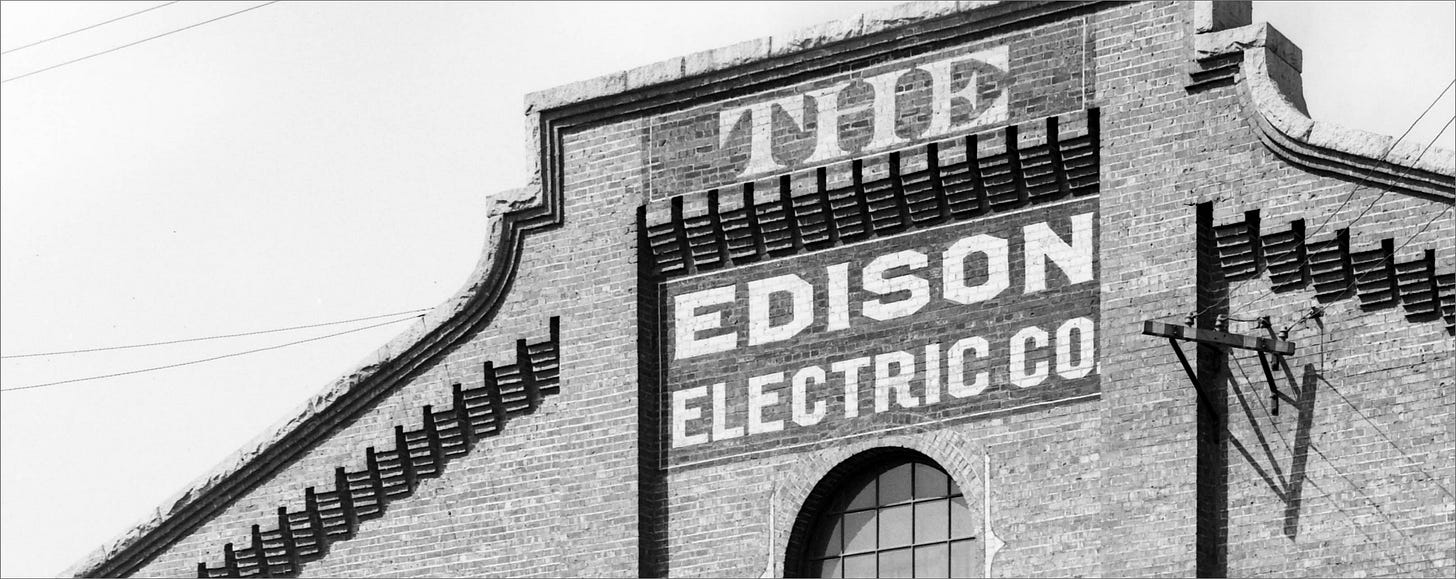
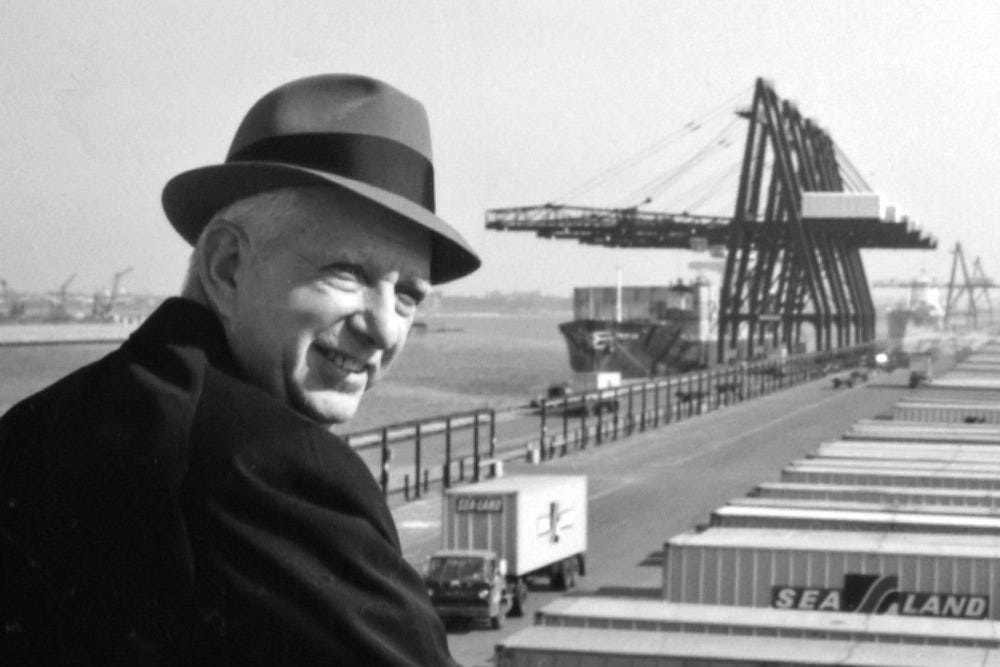
The mind boggles. We could ask this: if one of these events had not happened, how would the world be different today? The realm of counter-factual-hypothetical is bottomless. What of the butterfly effect and chaos theory?
Oh my goodness, I can't even begin to think about this. I'd classify at least 20 by geographic region and then by politics, science etc. Nice departure from your usual work.